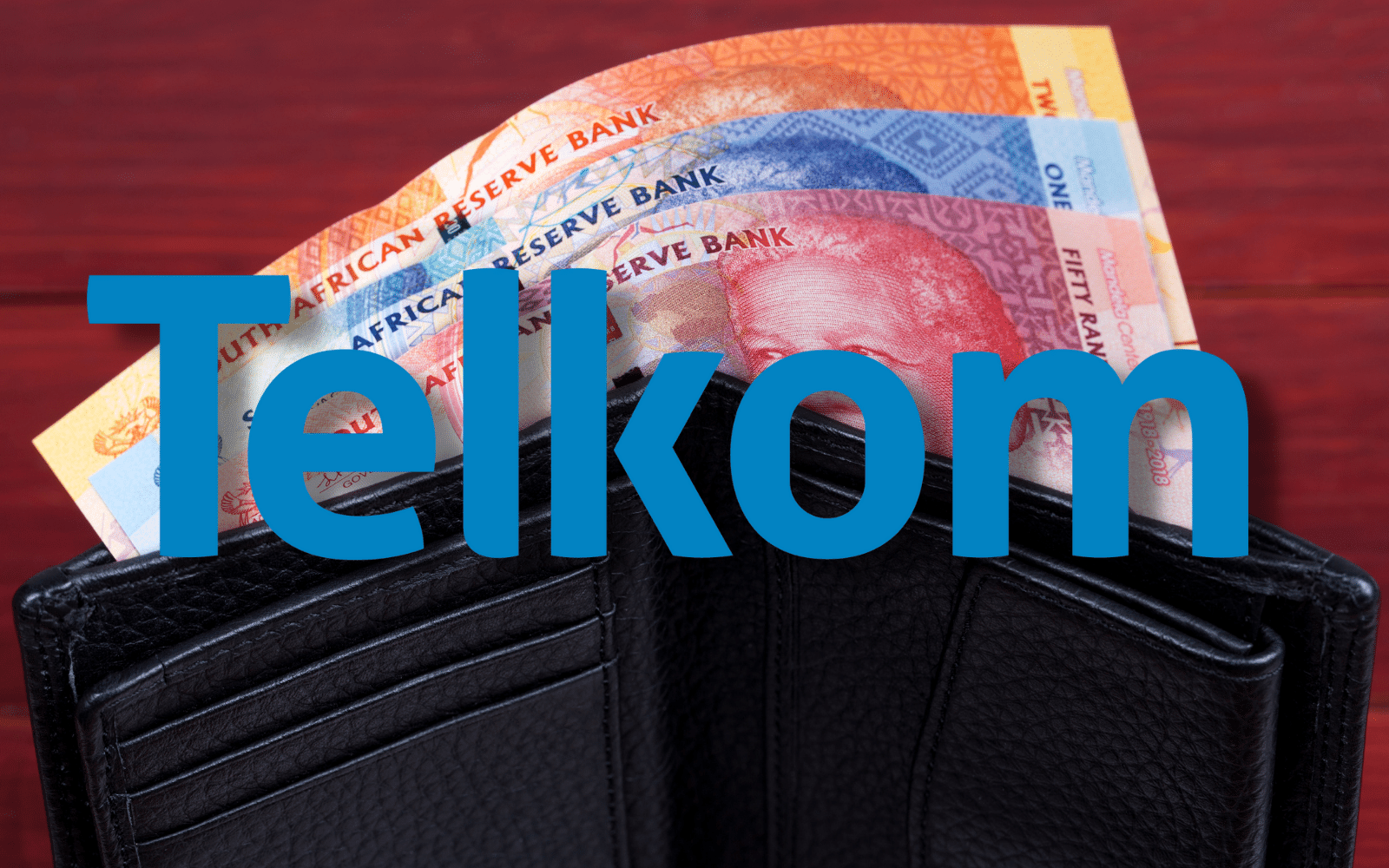It’s that time of the year again. Time for South Africa’s telcos to whip out the collecting basket and charge you more. This time, it’s Telkom at the head of the line, announcing on Monday that it will adjust tariffs for its fixed broadband and voice services, affecting consumers and SMBs (small to medium businesses) alike.
These refreshed prices will come into effect from 1 April 2025, and have been implemented in the name of providing “quality service” in the face of “increasing operational costs and external economic pressures,” the company said in a statement. “These adjustments… are essential to maintaining Telkom’s commitment to delivering quality service while remaining competitive in the market,” it continued.
Dread it, run from it, Telkom price hikes arrive all the same
If your current Telkom products fall under the banner of ‘fibre services, copper DSL internet, SMB fixed voice, or consumer fixed voice’, you can expect to see a larger number at the end of your bill, starting 1 April 2025. Specifically, those customers stuck with legacy fixed voice products will be hit with a 12% price hike, while those using ‘current’ products will see a more manageable 6% increase.
SMB fixed voice customers can expect the same treatment where their bills are concerned, while PABX products will see a 6% hike. “Similarly, consumer and SMB DSL services will experience an average increase of 12%, while consumer and SMB fibre tariffs will rise by an average of 6%,” Telkom said.
Telkom reckons that, despite the price hikes, it remains one of the “most competitive” telecoms working in South Africa…
Read More: Telkom launches new Smart Agritech initiative with Stellenbosch University and Aizatron
“South Africa continues to face economic challenges, including rising inflation, increasing energy costs, and a weakened exchange rate, all of which put pressure on businesses across various sectors,” Telkom said.
“These macroeconomic factors drive up the cost of delivering services, particularly in industries reliant on infrastructure, technology and operational investments. As a result, adjusting tariffs becomes necessary to sustain business operations while ensuring continued investment in service quality and innovation.”





